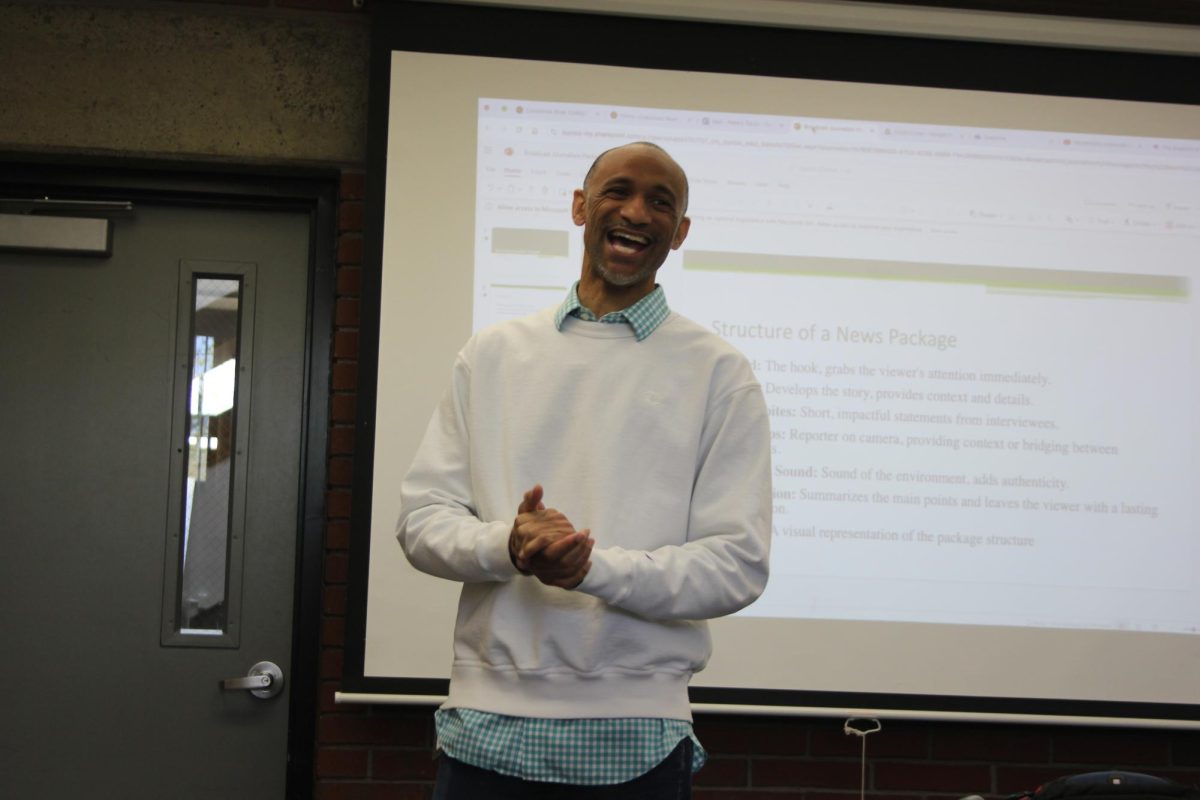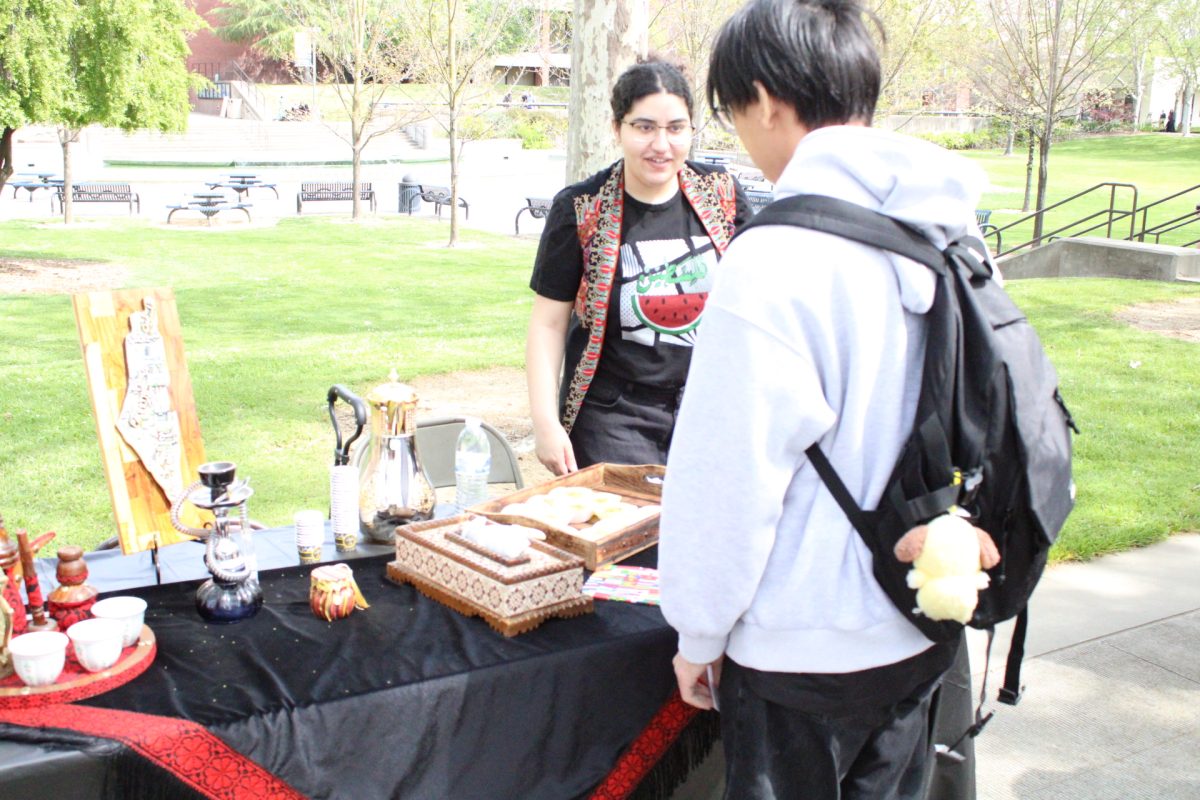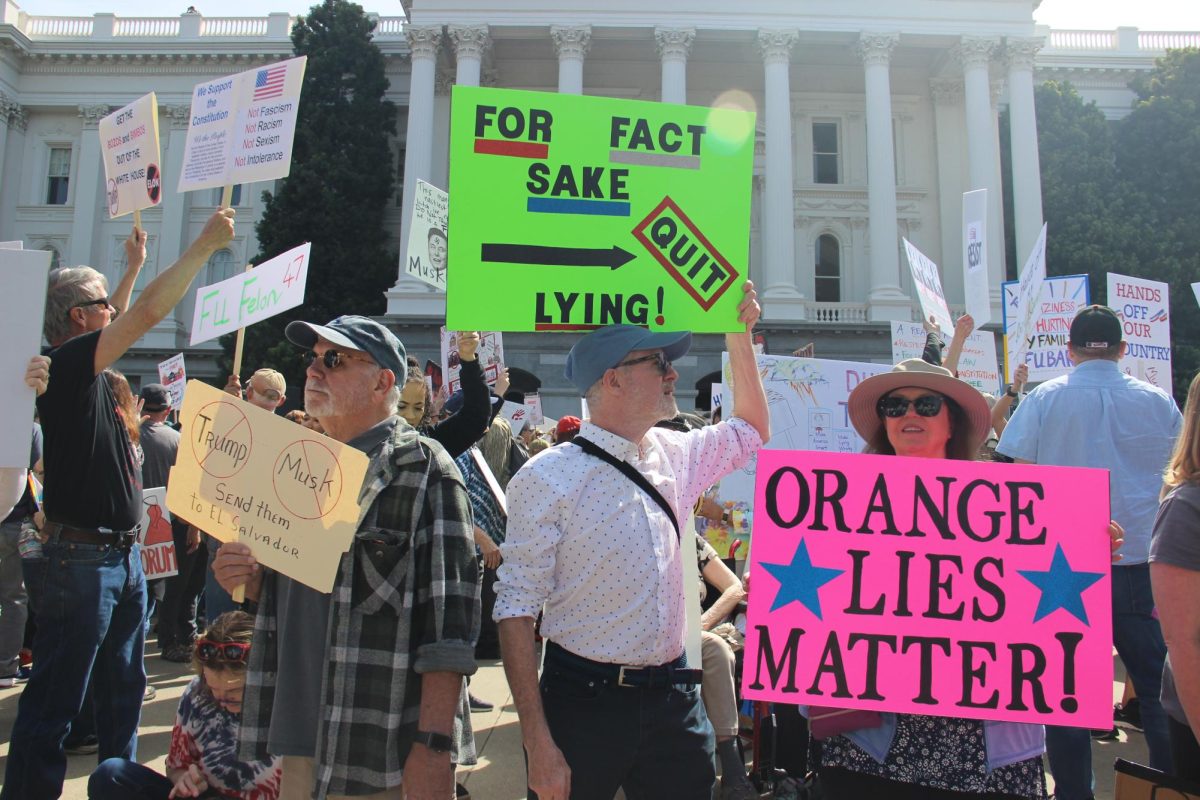Exploring smoking ban is waste of time for Sacramento
February 28, 2014
Thinking about transferring to Sacramento State or UC Davis? If you’re a smoker, it might not be the best idea.
UC Davis, and the University of California system as a whole, has banned smoking on their campus and all satellite campuses. Sacramento State voted to start a ban in 2015.
Now the city of Sacramento is considering a ban of their own.
Members of the Sacramento City Council will examine how banning smoking in outdoor dining areas has worked in other cities in California, before possibly going forward with their own ban, according to an article from the Sacramento Bee.
Both the universities and the city council cite public health as a concern in the choice to ban smoking, but a ban is going too far.
While those behind these decisions have done the research and come to an informed decision, those that choose to smoke are being left with no choice in the matter.
Smoking is terrible for you, that’s a given. So are many other activities that human beings engage in that are not being banned.
Universities still serve alcohol in many cases, as will the bars and restaurants in Sacramento that would ban smoking. Many of the foods that the restaurants serve are filled with more than or equal to the amount of calories a person should consume in one day.
Yet smoking is the vice being put on the chopping block.
Opponents would argue that smoking is the only one of those vices that hurts the user, and others around them, who had no choice in the matter.
According to the American Lung Association, more than 392,000 people die from tobacco-related diseases every year, making it the leading cause of preventable death. Exposure to secondhand smoke causes another 50,000 people a year to die from tobacco-caused disease.
Those are large numbers, yes. There are large numbers of people who die from obesity-related diseases or alcohol-related diseases, or just from people who are intoxicated while driving.
According to the Centers for Disease Control and Prevention, someone dies in a drunk driving accident every 48 minutes, which is roughly 30 people a day.
Over a third of U.S. adults are obese, according to the CDC. Obesity-related conditions include heart disease, stroke, type 2 diabetes and certain kinds of cancer which are all some of the leading causes of preventable death.
It costs the U.S. an estimated $147 billion a year in medical costs in relation to obesity-related conditions, according to the CDC.
Yet we’re not calling for a ban on food or alcohol.
There is no diminishing the damage that smoking does to people who choose to smoke and those who don’t, but a ban on smoking isn’t the way to go.
Designating areas that smokers can go to in order to light up is the simplest solution and allows for both sides to enjoy their night, whether they smoke or not.
If people go near an area designated for smoking and they don’t smoke, they are making the choice to go where they know someone will smoke.
Taking away choices and freedoms from any people starts us down a slippery slope that is better left avoided.





